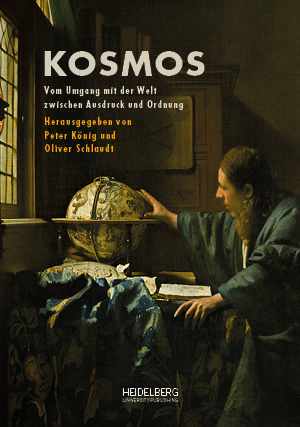How to Cite
Identifiers (Book)
Published
Cosmology and Political Order in Dante
Abstract Dante’s cosmology as outlined in the Commedia reflects the hierarchical structure of his political philosophy: the Holy Roman Emperor, as heir to the Roman tradition, should serve as a world-ruler, while honoring the Pope and ruling in accordance with law. This is a consequence of the manner in which his political vision is tied to his concept of humanity’s place in the cosmos: the need to actualize its potential and for the soul to return to God. The extent to which Dante bases his views on biblical exegesis and the reception of the Roman intellectual tradition is examined against the background of political events in Italy. Ultimately, Dante raises doubts about the extent to which the cosmos is divinely ordered in pointing to the fate of the unbaptized virtuous, such as Virgil, but suggests that our lifespan is too short to perceive the gradual unfolding of divine justice.
Keywords Dante Alighieri; cosmology; Pope; Holy Roman Emperor; medieval political philosophy; classical reception; Guelph; Ghibelline







